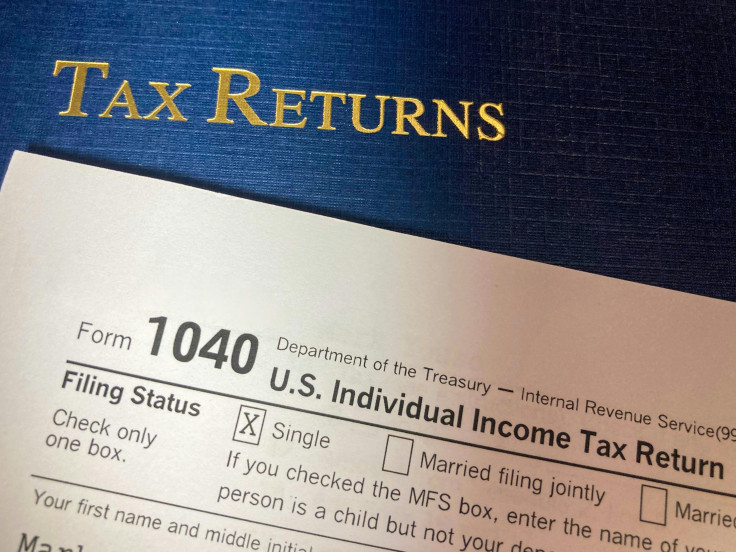American Gen Z, Millennials More Likely To Trust AI With Tax Filing Over CPAs: Survey

KEY POINTS
- 43% of American adults surveyed said they will likely get advice from AI over tax professionals
- A growing number of Baby Boomers and Gen X Americans are also leaning toward AI for tax filing
- A financial engineering expert said trusting AI with financial data may not be the best bet, given security and storage concerns
Tax season is here and more often than not, a majority of the population get stressed out with the complex processes involved in filing taxes, which paved the way for a growing trend among Gen Z and Millennial Americans to seek help, not from certified public accountants (CPAs), but from artificial intelligence.
A new survey from accounting software company Invoice Home found that there is a growing number of people in the United States who would rely on AI when it comes to tax filing rather than tax professionals.
Increasing Number of Americans Would Trust AI More Than Tax Experts
Tax season is daunting for many, especially when forms like W2, 1099 and 1040 accumulate, but the struggle is even more dragging for small business owners who may need to spend additional hours combing through their financials from the previous year.
The Invoice Home survey, which was exclusively shared with Fortune, found that more than half of individuals who file their own taxes do so as early as possible, especially with the mental challenge that comes with the task.
While many American taxpayers still seek professional help from CPAs, the survey found that 43% of 2,000 U.S. adults said they will likely get assistance from AI more than tax experts.
Furthermore, it found that Gen Z and Millennials in the country were the most likely to trust AI for tax filing requirements over a licensed tax professional.
Outside the Gen Zer and Millennial circle, there's also an apparent shift in other generations. Invoice Home's survey found that 25% of Baby Boomers and 43% of Gen Xers expressed confidence in AI, a technology that's revolutionizing many industries across the board.
Invoice Home CEO and Co-founder Petr Marek said the emerging attention economy and the rise of social media has been affecting people's attitudes toward tax filing and other similar tasks.
"It is harder to do something like tax filing because it's something distracting from the other things they are doing," he said.
There's also the fact that an accountant's advice may cost hundreds of dollars, while there are significantly cheaper AI tools in the market that can help with tax filing.
For instance, there are some AI assistants such as FlyFin that offer free tax assistance services, and there are others like AI-powered sales tax automation tool Kintsugi that promise high accuracy.
The survey found that technology is fast becoming an option for American tax filers. Around 16% of the respondents said they will invest in online digital tools, and 11% said they will invest in accounting software for their tax-related activities.
Is AI a Good Tool for Tax Filing?
For Andrew Lo, the director of MIT Sloan School of Management's laboratory for financial engineering, seeking financial advice from AI may be dangerous due to a lack of expertise on the topic, not to mention the possibility that the AI hasn't been fully equipped with regulatory knowledge on finance and taxation.
He also pointed out that providing your financial history to AI may be concerning, at least on the security side, especially with emerging questions around chatbot training material and data storage in AI solutions.
© Copyright IBTimes 2024. All rights reserved.






















